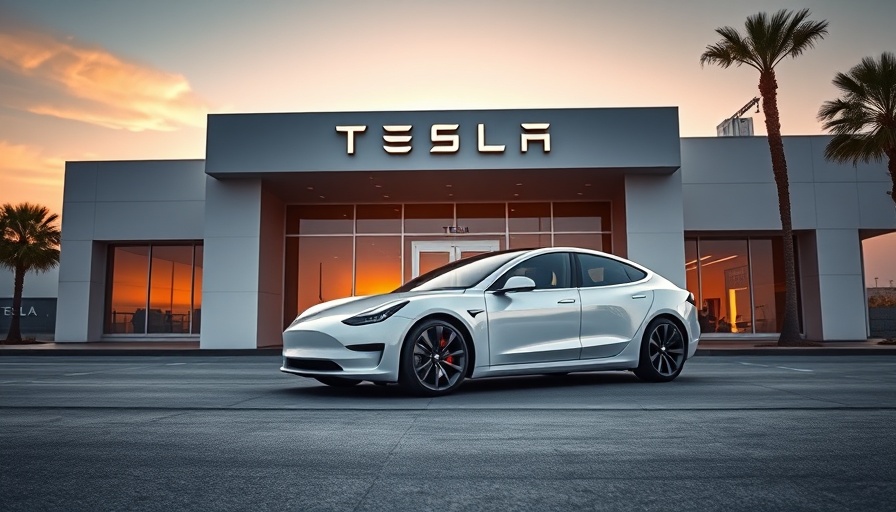
Understanding the Surge in Tesla Trade-Ins
The United States is witnessing an unprecedented surge in Tesla trade-ins, with recent data highlighting how consumers are responding to changing market dynamics. This significant uptick is not only reshaping the landscape of electric vehicle (EV) adoption but also reflects broader societal shifts influenced by technology and leadership. As Tesla's CEO, Elon Musk, continues to engage in various political and social discussions, the implications on consumer sentiment are palpable.
Impact of Economic Climate on EV Trade-Ins
The current economic environment plays a crucial role in the rising number of Tesla trade-ins. With fluctuating gas prices and increased awareness regarding climate change, many consumers are leaning towards sustainable transportation options. Trade-in programs often provide substantial financial incentives, making the transition to an EV more appealing. Dealers can capitalize on this trend through effective auto sales training, educating their teams on emphasizing the long-term savings associated with EV ownership.
Shift in Consumer Behavior and Preferences
Consumer behavior is evolving rapidly. The latest data indicates that buyers are not only interested in the latest Tesla models but are also reassessing their previous vehicle purchases in light of new advancements in technology and features offered by EVs. Auto salesman training programs can help equip sales professionals with the capabilities to effectively communicate these value propositions to potential customers, enhancing the sales process.
The Role of Trade-In Programs in Tesla's Strategy
Tesla's strategy of encouraging trade-ins has proved successful in maintaining customer loyalty and fostering brand community. By simplifying the transition from older gasoline-powered vehicles to their latest EV models, they are strategically positioning themselves as leaders in eco-friendly transportation. This initiative resonates with environmentally conscious buyers and makes the transition less daunting.
Future Trends in the EV Market
As Tesla's trade-in rates continue to rise, other automakers are likely to follow suit. The growing interest in EVs can signal to manufacturers the increasing necessity to enhance their trade-in programs. The landscape of auto sales training will need to adapt, with emphasis shifting towards EV-centric educational material, ensuring that dealership teams are well-prepared to meet the evolving demands of the marketplace.
Conclusion: A Call for Dealers to Act
With the EV market expanding and Tesla trucks spearheading the initiative, dealership owners and GMs must stay informed and agile. By investing in comprehensive auto sales training and offering robust trade-in programs, dealerships can maximize their potential and ensure they meet the rising demand for electric vehicles. As this trend continues, those who adapt quickly to these changes will not only benefit their bottom line but strengthen their position as forward-thinking automotive retailers.
 Add Row
Add Row  Add
Add 

 Add Row
Add Row  Add Element
Add Element 




Write A Comment